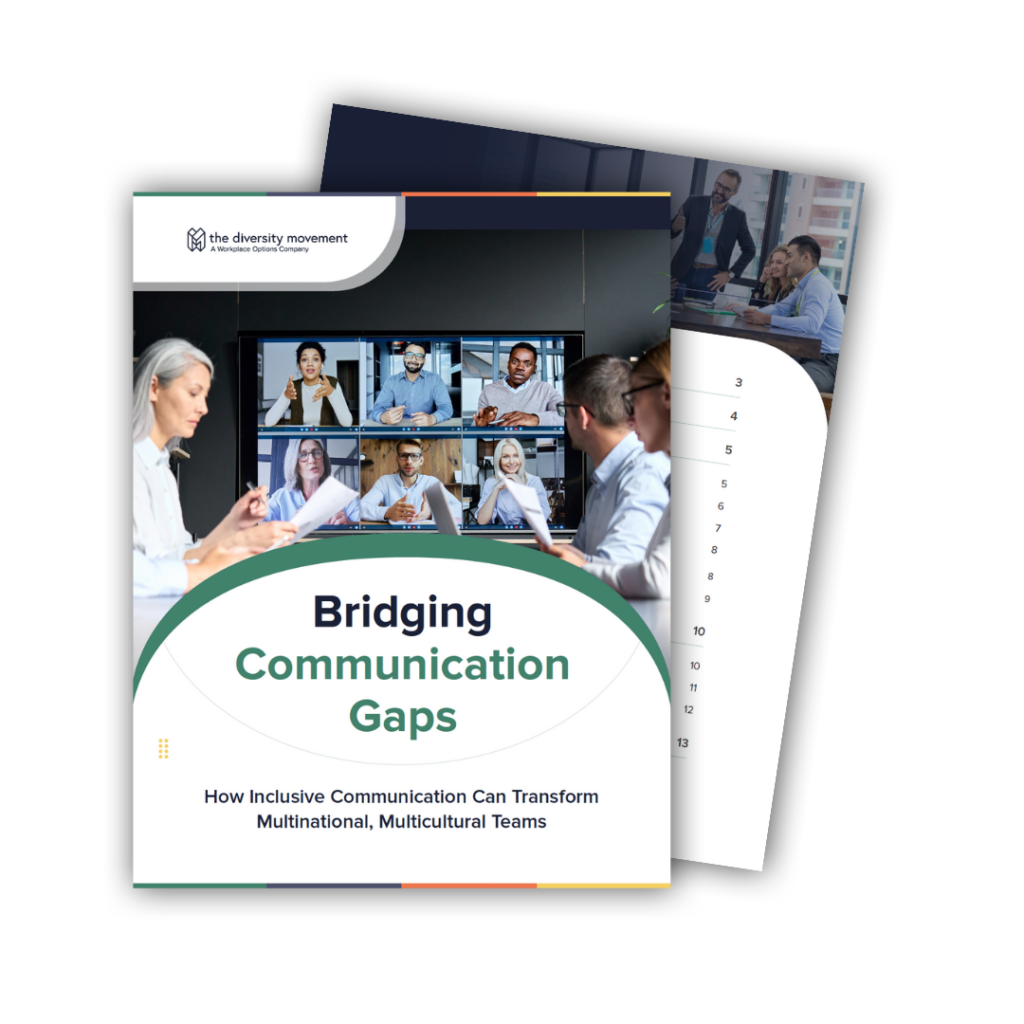Frequently Asked Questions
What is accent bias and what are the effects of accent bias?
Colleagues on a multinational team might be fluent in the same language but still struggle to collaborate because of accent bias. Research has shown that heavily accented speech makes it more difficult for listeners’ brains to process information. Listeners may remember less accurately what the speaker said, make snap judgements, or doubt the speaker’s credibility. When people hear an unfamiliar accent, there is also a tendency to “fill in the blanks” and make inaccurate assumptions.
Accent bias can also affect hiring decisions and promotion opportunities. Job candidates with accents have received lower job interview scores despite giving identical answers to candidates without accents. For executives who are non-native speakers, accent bias can impede their rise to senior leadership positions – and when the most qualified person isn’t given the job, it’s a loss for the individual, their team, and the entire organization.
What is inclusive listening?
Inclusive listening training focuses on the act of giving attention to all the voices in a diverse workplace. This training helps ‘tune the ear’ to unfamiliar speech patterns, so listeners become better able to understand colleagues with regional accents. The most effective training is tailored to the characteristics of a specific industry and the geographic, linguistic, and cultural mix of an organization’s workforce. Other crucial skills include listening with compassion and concentration, identifying and tuning out distractions, and taking responsibility for absorbing what the other person is saying.
Inclusive listening training helps to mitigate accent bias, giving everyone on the team a stronger sense of belonging. It demonstrates to the speaker that the listener values their perspective, leading to insightful discussions and greater collaboration. By helping to build better teammate connections and collaboration, inclusive listening training drives higher collaboration, greater productivity, and organizational success.
How can accent reduction training improve communication across teams?
Accent reduction training helps people who speak English as an additional language improve their communication with colleagues, customers, and clients, reducing the risk of misunderstandings and errors. The training teaches individuals how to pronounce sounds in English (some that don’t exist in other languages) so that listeners can more easily understand them.
It’s important to note that accent reduction is not about eliminating accents or cultural identities. It is a method to help individuals express their ideas with clarity, confidence and ease while still maintaining their unique cultural identity
What are the benefits of inclusive communication?
Multiple studies prove that effective communication increases the engagement, trust, productivity, and retention of an organization’s workforce. Research by the McKinsey Global Institute shows that well connected teams are up to 25% more productive. The same research highlights that companies with effective communication strategies outperform their competitors by 3.5 times.
When employees can clearly and readily communicate, they are able to collaborate effectively, sharing the full value of their knowledge and skills. They are stronger public speakers and more compelling leaders. Because they can more easily connect with their colleagues, their relationships improve. They feel more included and have a greater sense of belonging. The result is higher engagement, better retention, and higher-quality outcomes for the organization.
Download the White Paper
Explore common communication challenges and strategies to reduce communication barriers. Complete the form to download your copy today.
Ready to Improve Team Communication?
Delivered in partnership with linguistics expert and Accents International founder Judy Ravin, we developed Inclusive Communication workshops to help teams minimize communication barriers. Inclusive Communication includes two immersive workshops:


